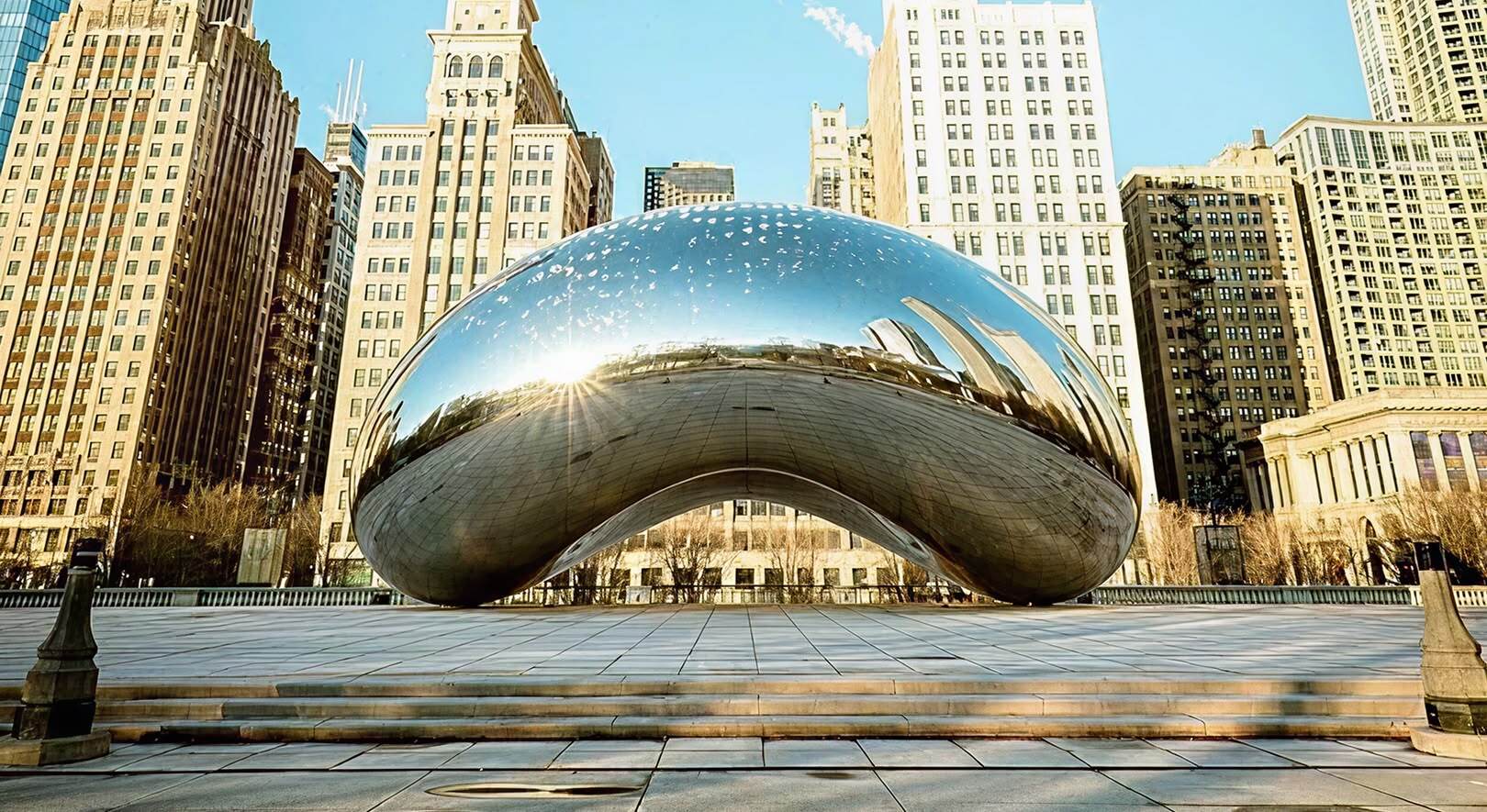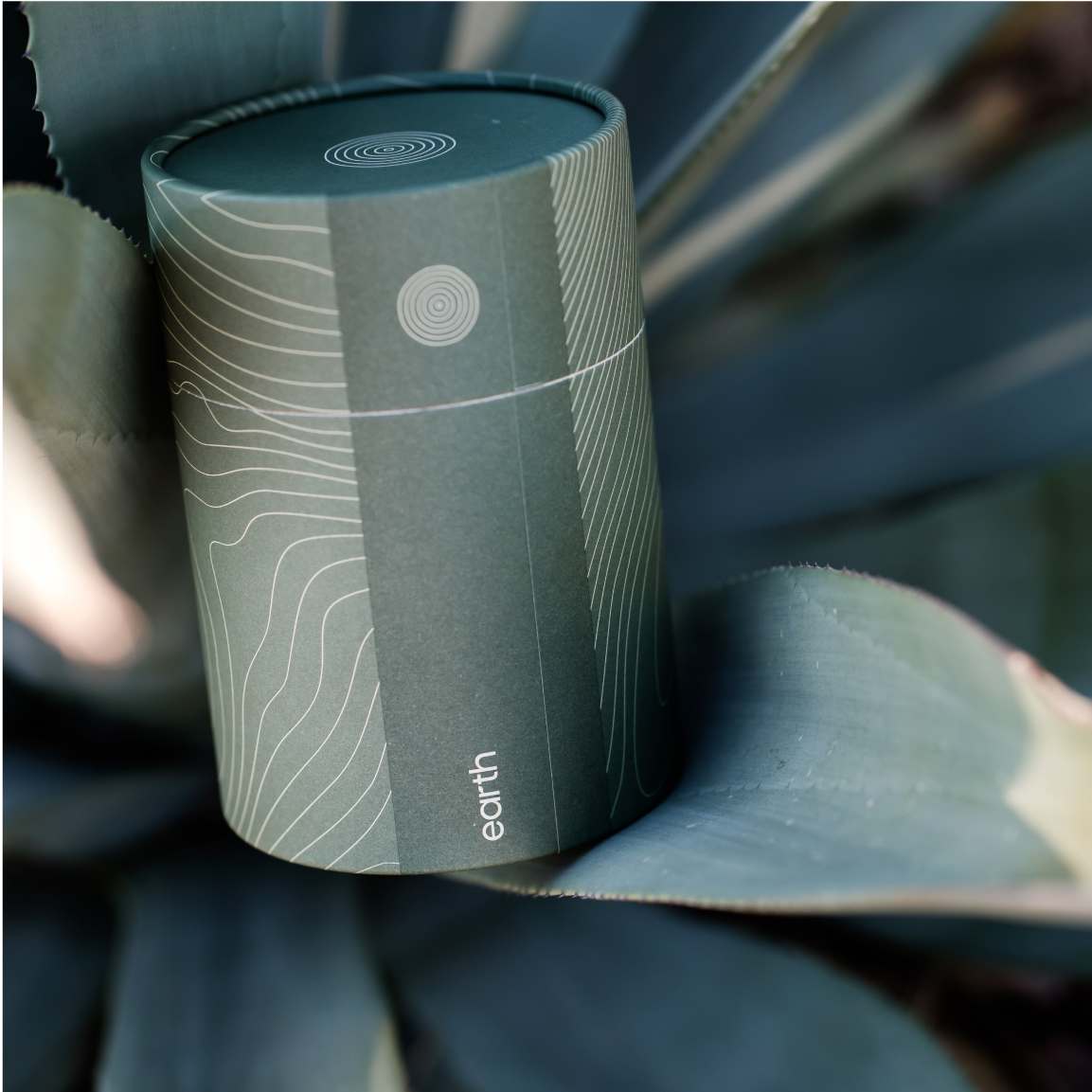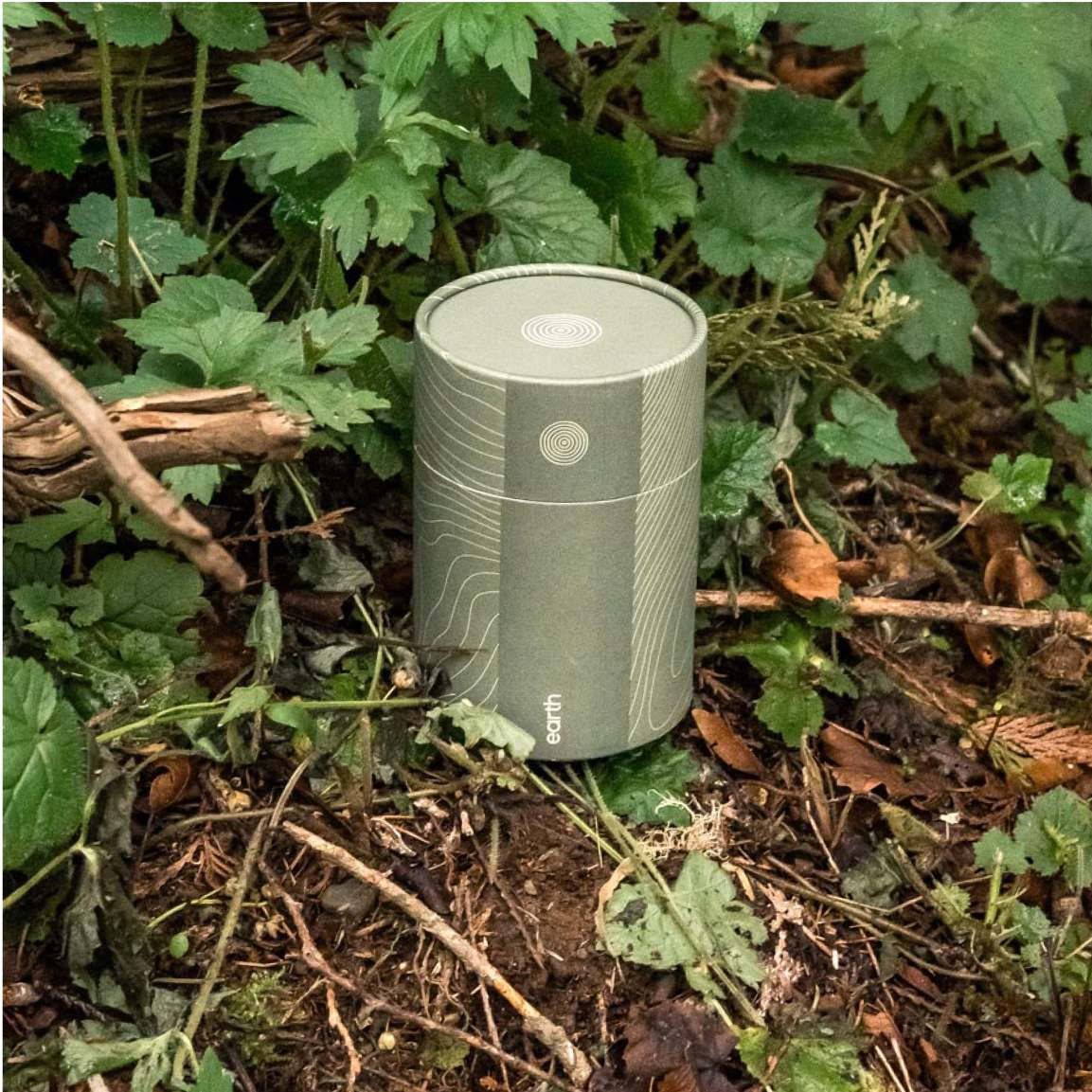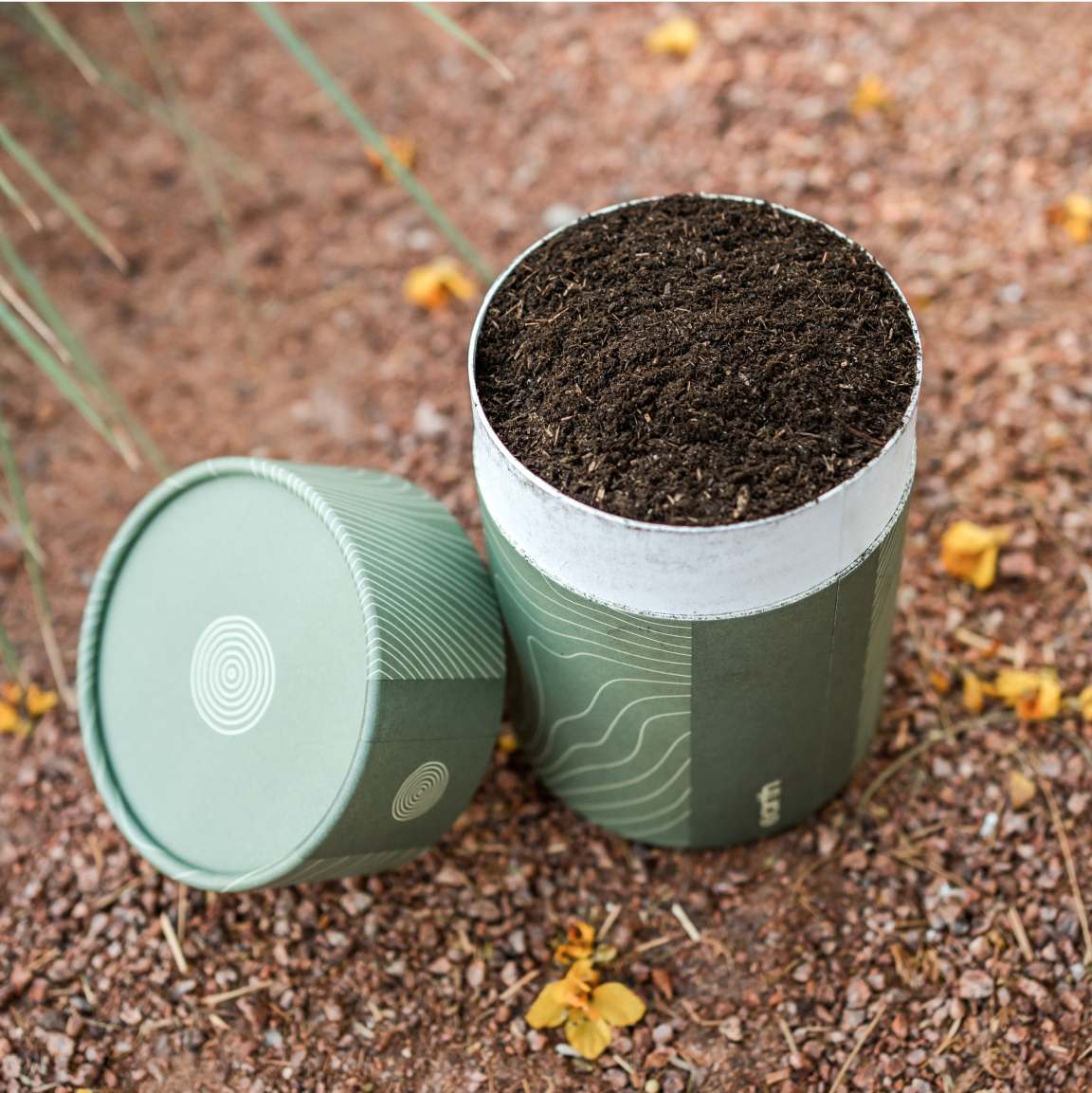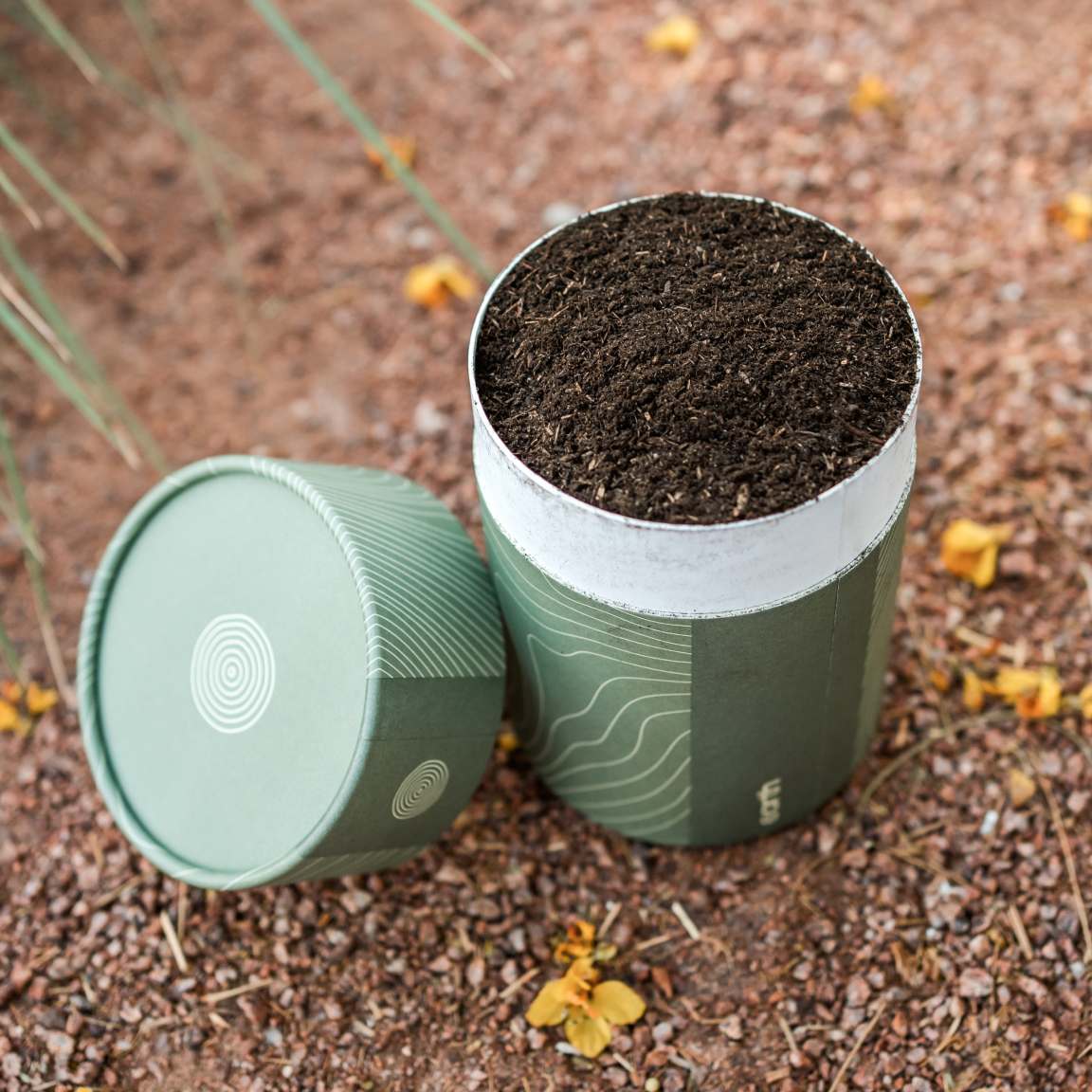
Green Funeral Practice
|
April 17, 2024
Note: This table is updated regularly to reflect the legal status of terramation across the US. It is an accurate snapshot of the legislative landscape at any given time.
Terramation, another word for human composting, first became legal in the United States when Washington passed SB5001 in 2019. Since then, several states have adopted bills allowing for the natural transformation of bodies into soil, and many more have bills in progress to legalize the process.
As a relatively new option in the death care industry, access to terramation across the country is still limited, but we’re seeing huge demand for human composting in all 50 states as more people are beginning to prioritize the importance of sustainable end-of-life options that give back to the earth. This demand is inspiring new legislation and exciting progress. Here at Earth, we’ve worked closely with state representatives to help promote human composting bills and better inform the public about its benefits.
As the legal status of terramation is determined state by state, understanding where and when it’s available can be confusing. We created this tracker to keep all of that information in one place.
What is terramation?
Terramation is the process of transforming a body into soil using the principles of nature. It is a comforting option for anyone who is concerned about the environment and for those who want their body returned to nature after death.
You’ll see multiple terms used interchangeably with human composting, including terramation, natural organic reduction, recomposition, and soil transformation. All of these terms refer to the process of placing a body in a vessel with organic materials, like mulch and wood chips, then carefully monitoring the conditions while naturally occurring microbes transform the body into nutrient-rich soil.
The end result is about a cubic yard of soil which families can use to memorialize their loved ones in ways that are unique to the individual and beneficial to the environment. Many choose to plant memorial gardens or trees. The soil can even be used to help restore delicate ecosystems and support conservation projects.
Where is terramation legal?
Burial, cremation, terramation, and other methods of disposition are all closely regulated in the United States. For terramation to be legalized, states must first draft new legislation that includes natural organic reduction.
Once a state has legalized human composting, operators must obtain a license from the state’s funeral regulator before providing services.
Momentum is building nationwide, with multiple bills progressing through the legislative process. Washington was the first state to legalize human composting in 2019, with the law taking effect in May 2020. Since then, thirteen others have followed—and more are expected to do the same.
In states where the process is not yet legal, human composting may still be available to residents. Families can often arrange for transportation to a licensed facility in a nearby state where the process is permitted, and have the resulting soil returned home.
The table below outlines where terramation is legal, and separately, where Earth’s human composting services are available.
Even if your state hasn’t passed human composting laws yet, we may still be able to help. In many states, we can arrange transport to one of our licensed facilities and return the soil to your family.
Use the “Availability” column to check if services are:
- Available from Earth Funeral
- Not available yet in your state

About Earth
At Earth, we call our proprietary human composting process ‘soil transformation’. We operate from the largest and most advanced facilities in the world, and our services are currently available in Arizona, California, Maryland, Nevada, New Jersey, Oregon, Pennsylvania, Virginia, Washington, Idaho, New Mexico, and Utah.
We offer services for those who have an immediate need, as well as those looking to plan ahead for the future.
If you are interested in our human composting services, you can get a personalized quote here. We also have a number of useful articles in our Guide, covering green funeral practices, end-of-life planning and more.


